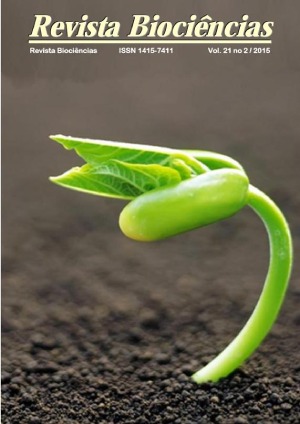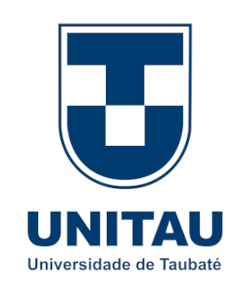Macronutrients omission on growth and nutritional deficiency of vinhatico (Plathymenia reticulate) seedlings
Keywords:
Plathymenia reticulate, seedlings nutrition, macronutrients, seedlings production.Abstract
To know the nutritional requirements of a species allows to produce seedlings from better quality and plants that adapt more easily to the field and survival rate. For this, the study aimed to verify the effect of macronutrient omission in growth, nutrition and describe the symptoms of deficiencies of vinhatico seedlings. The seedlings were grown in tubetes of 240 cm³, one seed for tubete, containing sand and transplanted after 20 days when they reach 15 cm in height, for PVC tubes, from 40 cm length and 1.35 cm in diameter, with sand. After adaptation period of 15 days, the seedlings were submitted for 90 days to seven treatments with nutrient solution and six replications in a completely randomized design (complete nutrition and with omission of N, P, K, Ca, Mg, S), renewed every five days. To the end of the study, the seedlings were evaluated in height and diameter. The deficiency symptoms analyses were realized every 15 days. At the end of the experiment, the morphological characteristics evaluated were high, with graduated rule; stem diameter, with a digital caliper rule and; performed the analysis of the nutrient content from the plant material dried in an oven, weighty and ground. The nutrients most required by vinhatico were N and S, and that were the macronutrient deficiency that more limited the growth of seedlings. The nutrient most absorbed was N (12,92 g kg-1), but, this content was not enough to vinhatico growth.






